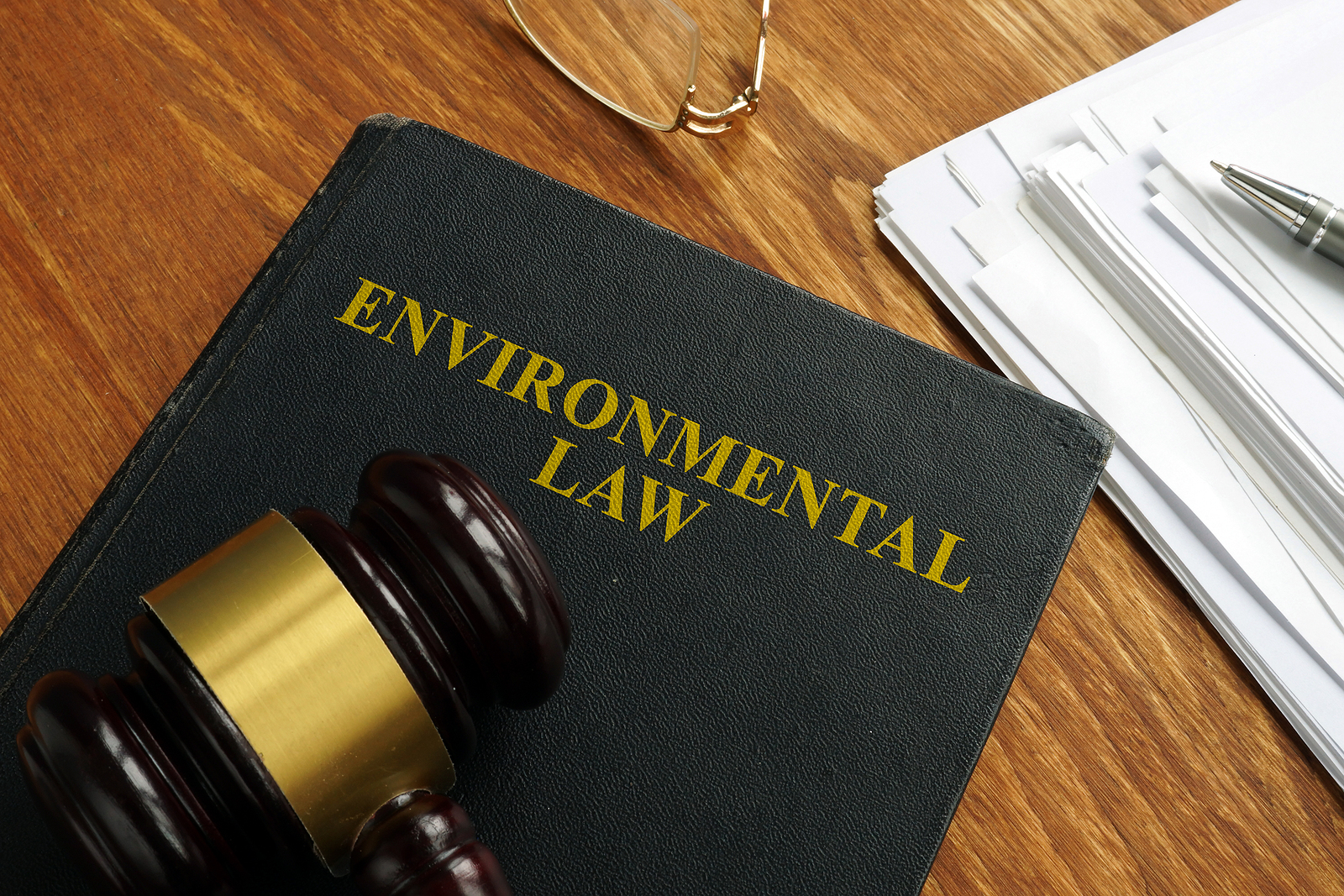
Environment Law and Offences – Basics
Briefly, environmental law plays a crucial role in addressing the pressing environmental challenges facing our planet. Being one of the best Environmental Law Firms in Delhi NCR, we say environmental law is essential for safeguarding the environment, promoting sustainable practices, and addressing environmental challenges at local, national, and global levels. It provides the legal foundation for protecting natural resources, controlling pollution, mitigating climate change, conserving biodiversity, and promoting sustainable development.
Here are some key reasons highlighting the need for environmental law:
- Conservation and Protection of Natural Resources: Environmental law provides the legal framework for conserving and protecting natural resources such as forests, wildlife, water bodies, and air quality. It establishes regulations and standards to prevent overexploitation, habitat destruction, pollution, and unsustainable practices that can harm ecosystems and deplete valuable resources.
- Pollution Control and Environmental Health: we practice environment litigation in Delhi NCR, since environmental law sets guidelines and regulations to control and minimize pollution from industrial activities, transportation, waste disposal, and other sources. It establishes emission limits, waste management requirements, and standards for the protection of human health and the environment. These laws help prevent and mitigate the adverse impacts of pollution on air, water, soil, and ecosystems.
- Biodiversity and Ecosystem Protection: Environmental law plays a crucial role in safeguarding biodiversity and protecting ecosystems. It establishes protected areas, regulates activities that could harm endangered species or habitats, and promotes conservation efforts. By preserving biodiversity and maintaining healthy ecosystems, environmental law contributes to the overall resilience and stability of the environment.
- Climate Change Mitigation and Adaptation: With the increasing threat of climate change, environmental law is vital for addressing greenhouse gas emissions, promoting renewable energy, and supporting climate change adaptation measures. International agreements like the Paris Agreement provide a legal framework for countries to cooperate and take actions to reduce emissions and limit global temperature rise.
- Environmental Impact Assessment: Environmental law often requires environmental impact assessments (EIAs) for proposed projects or activities with potential environmental consequences. EIAs help evaluate and mitigate potential adverse impacts on the environment and allow for informed decision-making. This process ensures that environmental considerations are integrated into development plans and that sustainable practices are adopted.
- Compliance and Enforcement: we regularly deal with environment offences in Delhi NCR, since environmental law establishes mechanisms for monitoring, compliance, and enforcement to ensure that environmental regulations are followed. It includes penalties, fines, and other legal measures to deter non-compliance and hold individuals, organizations, and governments accountable for environmental harm. Effective enforcement of environmental law is crucial for achieving environmental goals and maintaining the rule of law. International Cooperation: Environmental law facilitates international cooperation and collaboration on global environmental issues. It enables countries to negotiate and establish agreements, conventions, and protocols to address transboundary environmental challenges such as air and water pollution, biodiversity loss, and climate change. These international legal frameworks foster cooperation, information sharing, and collective action for environmental protection.
By establishing rights, responsibilities, and regulations, environmental law ensures that the environment is valued, protected, and preserved for present and future generations.